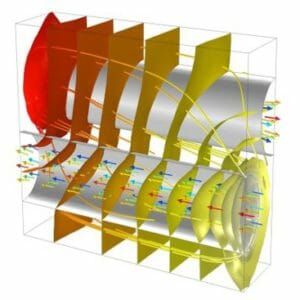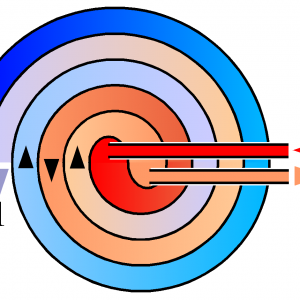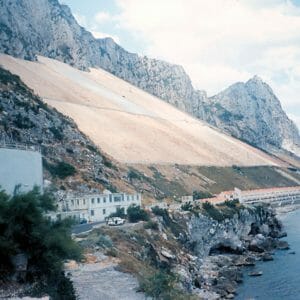E – 1331 Power Plant Load Shedding and Cogeneration
$75.00
Courses Included
This course provides an introduction to electric power plant load shedding and cogeneration. When a power plant or an individual power generating unit experiences a gradual increase in load, or a sudden but mild overload, the unit governors will sense the resulting speed change and increase the power input to the generator. The additional load is handled by using the spinning reserve; that is, the unused capacity of the generator. However, if all generators are operating at maximum capacity, the spinning reserve is zero and the governors may not be able to relieve the overload. When severe overloads occur, or when large sudden load increases are experienced, the first effect is a slowing down of the generator. If the overload is large enough or if the governor cannot accommodate the sudden load increase, then speed and frequency will continue to drop until the plant or generating unit is tripped to prevent equipment damage, and the load is lost. Cogeneration is the simultaneous generation of electricity (or mechanical energy) and steam (or other thermal energy such as hot air or hot water) from the same fuel (or energy) source.
Course Outline
1. LOAD SHEDDING
2. COGENERATION
This course will give you professional tools that will help you to understand the technical, design and operating requirements for load shedding and cogeneration at electric generating plants.
Description
This course provides an introduction to electric power plant load shedding and cogeneration. When a power plant or an individual power generating unit experiences a gradual increase in load, or a sudden but mild overload, the unit governors will sense the resulting speed change and increase the power input to the generator. The additional load is handled by using the spinning reserve; that is, the unused capacity of the generator. However, if all generators are operating at maximum capacity, the spinning reserve is zero and the governors may not be able to relieve the overload. When severe overloads occur, or when large sudden load increases are experienced, the first effect is a slowing down of the generator. If the overload is large enough or if the governor cannot accommodate the sudden load increase, then speed and frequency will continue to drop until the plant or generating unit is tripped to prevent equipment damage, and the load is lost. Cogeneration is the simultaneous generation of electricity (or mechanical energy) and steam (or other thermal energy such as hot air or hot water) from the same fuel (or energy) source.
Course Outline
1. LOAD SHEDDING
2. COGENERATION
This course will give you professional tools that will help you to understand the technical, design and operating requirements for load shedding and cogeneration at electric generating plants.
- Learn the requirements for load reduction;
• Learn about the risks of turbine blade fatigue; - Learn how to calculate the required load reduction before plant frequency has deteriorated to an unacceptable level;
- Learn the importance of a load shedding plan sufficient to relieve the plant overload and provide a slight underload so that the plant will have reserve capability to reaccelerate to the normal operating frequency;
- Learn how underfrequency relays are applied to shed load;
- Learn about cogeneration cycles; and
- Learn the principles of parallel operation of a cogeneration plant that is electrically interconnected and synchronized with an electric utility.






